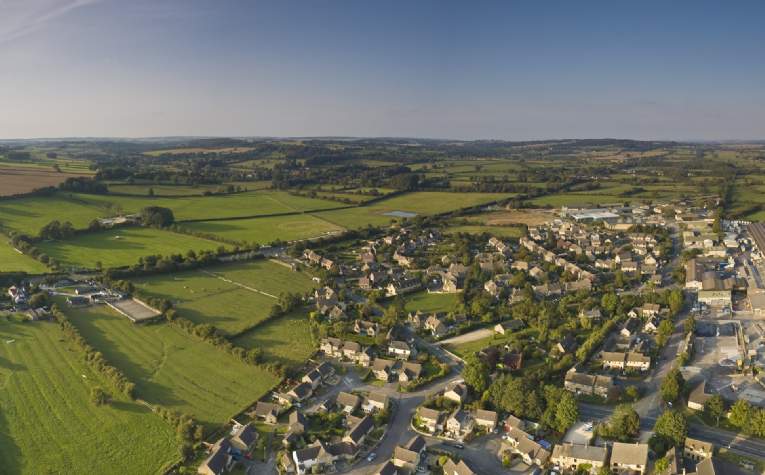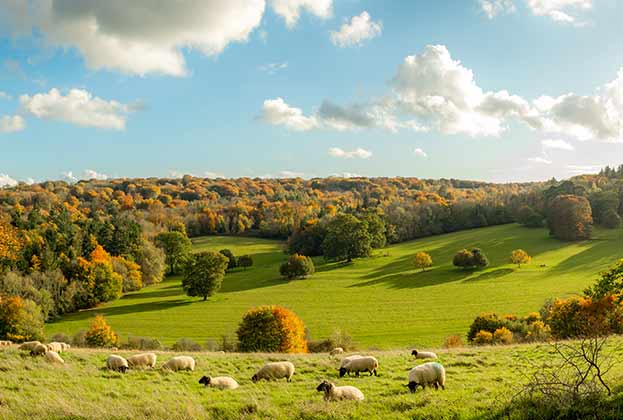Ensuring development has an environmental net gain, enhancing the beauty of landscapes, connecting people with the environment, minimising waste and improving the global environment are all themes of the Government’s 25 Year Environment Plan and as a result land management interventions such as tree planting, restoring peatland, filtering water and re-stocking wildlife could be worth hundreds of millions of pounds to farmers and landowners who are able to deliver.
These ‘services’ have until now been almost entirely reliant on grant funding, charitable donations and subsidy, which is simply insufficient for the challenges ahead. As a result, they are under-supplied by land managers, with land-use decisions distorted towards the production of commodities at the cost of soils, biodiversity, clean water, and resilience to flood and drought.
A better way is possible. This trade-off between economic profit and environmental health is ending as new markets for natural services, driving environmental restoration and creating new income streams for farmers and landowners. These payments for ecosystem services are a golden opportunity to replace CAP (Common Agricultural Policy) with a new and better system of agri-environment funding that facilitates and leverages off these emerging markets.
Stimulating markets to tackle environmental problems, such as carbon emissions and biodiversity loss, often relies on government intervention – because the full costs of not doing so have not reached us yet. ‘Capping’ the level of harmful emissions or biodiversity loss enables a ‘baseline and credit’ market for the trade of carbon or biodiversity ‘value’. The market then allows these credits to move to where they will yield the optimal balance between cost and benefit.
A number of utility companies have begun engaging with landowners and farmers to pay for solutions at source, thereby avoiding the costs of end-of-pipe water treatment. Slower and less turbid water reduces treatment costs; additional changes to farming practices can boost natural water filtration and reduce sediment loss, and nitrate, phosphate and pesticide contamination. For example, Thames Water has been offering farmers payments to reduce metaldehyde at source.
So far the development of these schemes has been piecemeal and it is not yet mainstream practice. The 25 year plan aims to hardwire the environment in to every decision. Those who are able to deliver the benefits desired or off-set the losses from elsewhere are in a prime position. Land managers have a new customer list and the list of products is vast.
(1).jpg)
.jpg)
.jpg)

.jpg)
.jpg)
.jpg)
.jpg)
.jpg)
.jpg)
